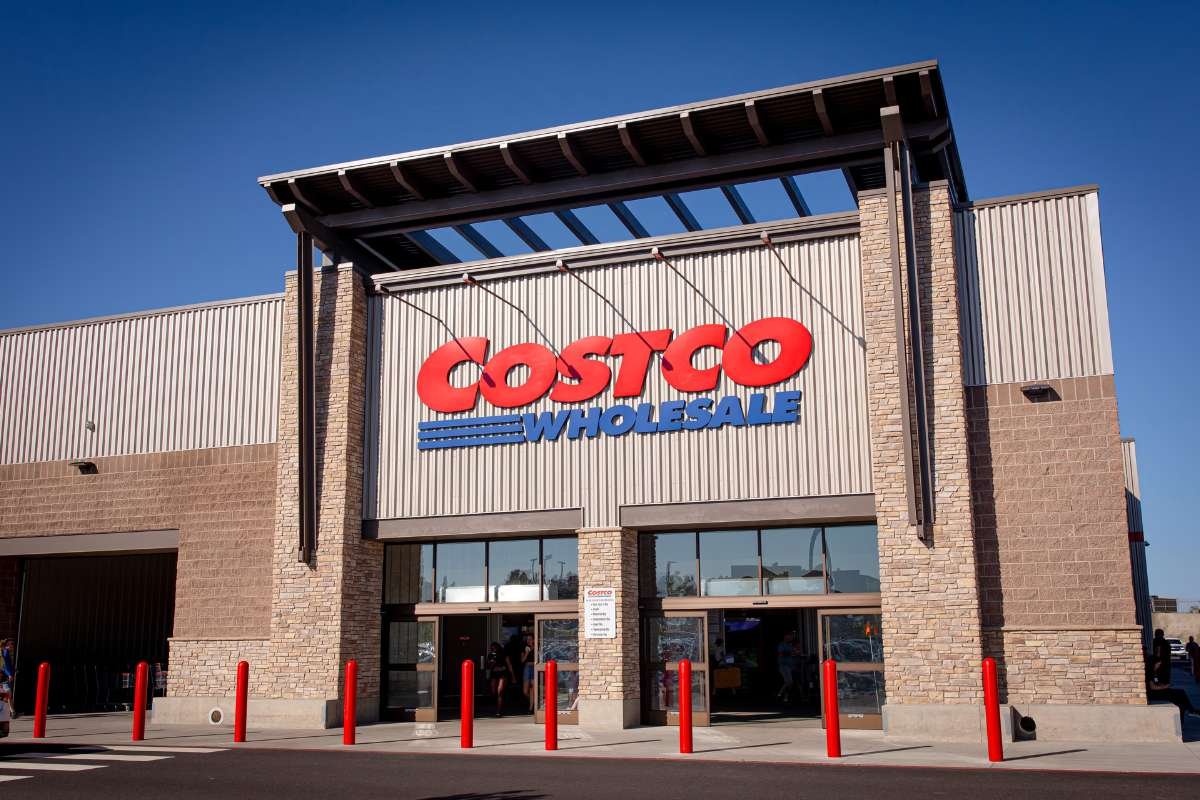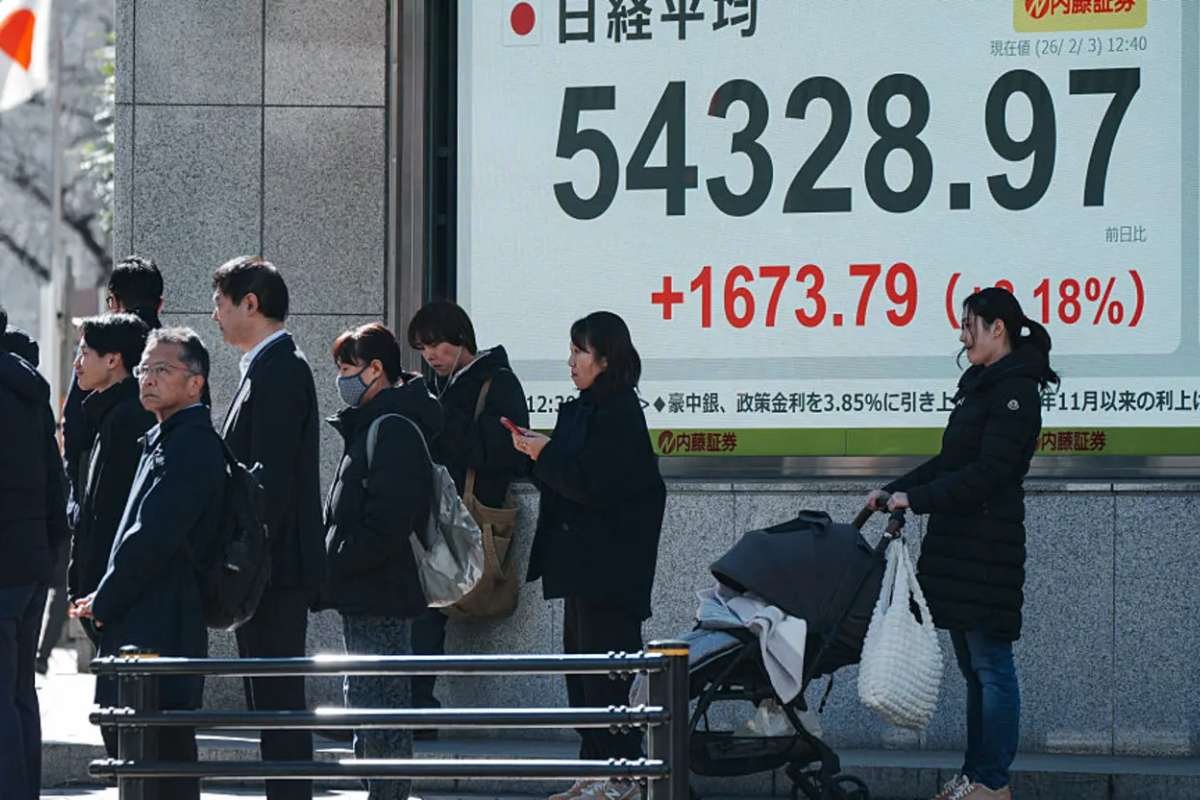US Announces New Tariffs Amid Growing Trade Disputes
Rising trade tensions have escalated as the United States announced additional tariffs on steel and aluminum imports, prompting strong reactions from key trading partners, including the European Union (EU) and Canada. The latest move, which imposes a blanket duty of 25% on metal imports, has led to concerns about economic consequences and disruptions in global trade. In response, leaders in Europe and Canada criticized the decision, calling it unjustified, and retaliated with countermeasures of their own. While some countries, including the UK, Australia, Mexico, and Brazil, have not yet imposed retaliatory tariffs, they continue to assess the situation.
The US administration has defended the tariffs, stating that they are aimed at boosting domestic steel and aluminum production. However, critics argue that the decision will raise prices for consumers and impact economic growth. The move follows an earlier increase in tariffs on Chinese imports and potential plans to impose additional levies on products such as copper, lumber, and automobiles. Financial markets have reacted with volatility, reflecting concerns about the broader economic impact of the ongoing Rising Trade Tensions
Global Responses and Retaliatory Measures
In response to the US tariffs, Canada has announced a 25% tax on nearly C$30 billion worth of American goods, including steel, computers, and sports equipment. Prime Minister-designate Mark Carney has stated that Canada is open to renegotiating trade agreements as long as its national interests are respected. Similarly, the European Union has outlined plans to increase tariffs on up to €26 billion worth of US goods, covering a range of products from boats to bourbon and motorbikes. European Commission President Ursula von der Leyen emphasized that the EU’s response is meant to be “strong but proportionate” while remaining open to dialogue.
UK Prime Minister Sir Keir Starmer acknowledged disappointment over the escalating tariff measures but emphasized the importance of a pragmatic approach to trade negotiations. He reiterated that the UK is actively working on trade agreements that could mitigate the impact of the new tariffs. Meanwhile, industry leaders and economists have warned that such measures could drive up prices, affect consumer spending, and put jobs at risk on both sides of the Atlantic.
Economic Concerns and Market Reactions
Industry stakeholders, including major food manufacturers such as Quaker Oats and Folgers Coffee, have expressed concerns over the impact of import taxes. In a letter to the US administration, companies such as PepsiCo and Conagra have requested targeted exemptions for ingredients that are not readily available within the US. The list includes cocoa, tropical fruit, oats, and tin mill steel, which are essential for food production and packaging.
The EU estimates that the latest US tariffs affect approximately 5% of its total exports to the US, while Canada relies on the American market for nearly 90% of its steel and aluminum exports. The financial markets have also shown mixed reactions, with fluctuations in major stock indices. On Wednesday, the Dow Jones Industrial Average closed slightly down by 0.2%, while the S&P 500 saw a modest gain of 0.5%, and the Nasdaq rose by 1.2%.
As global Rising Trade Tensions persist, economic analysts warn that prolonged tariff battles could lead to further market instability and hinder economic recovery efforts. While international leaders continue discussions on potential trade resolutions, businesses and consumers are bracing for the effects of higher prices and supply chain disruptions.


















